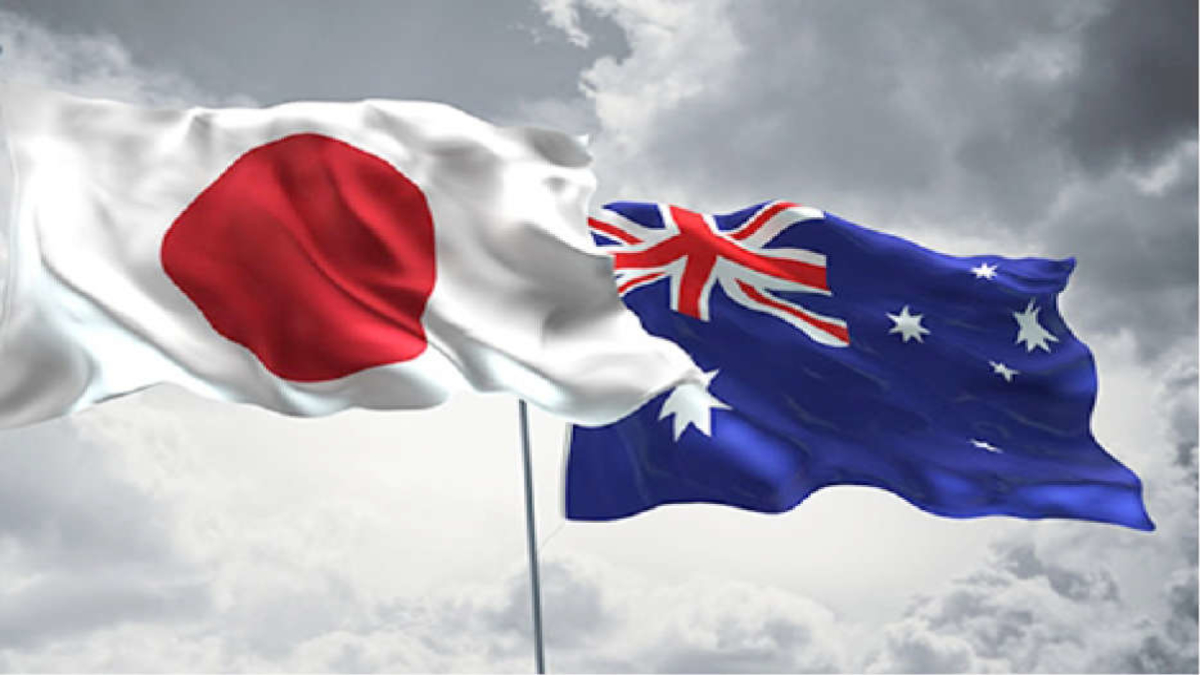


Japanese Prime Minister Fumio Kishida and his Australian counterpart Scott Morrison on Thursday signed a treaty to facilitate joint exercises and strengthen security cooperation while expressing serious concerns over China’s growing influence in the Indo-Pacific region.
The Reciprocal Access Agreement will facilitate faster deployment of Japanese Self-Defense Forces and Australian Defense Force personnel and ease restrictions on the transportation of weapons and supplies for joint training and disaster relief operations, Kyodo News reported. “This is a landmark agreement that will bring Japan-Australia security cooperation to a new level,” said Kishida in signing the agreement.
Morrison also said the pact “opens a new chapter for advanced defense and security cooperation.” He added that “It will underpin greater and more complex engagement, interoperability and cooperation between the Australian Defense Force and the Japanese Self-Defense Forces.”
The joint statement, released after their virtual meeting that stretched over more than 100 minutes, said the signing of the agreement underscored their “commitment to further elevating bilateral security and defense cooperation in the interests of peace and stability in the Indo-Pacific region,” Kyodo News reported.
In a statement, Kishida and Morrison voiced “serious concerns” about the situations in the South and East China seas, where China has been involved in territorial rows with its neighbors, in a veiled criticism of Beijing’s maritime activities aimed at altering the regional status quo in its favor.